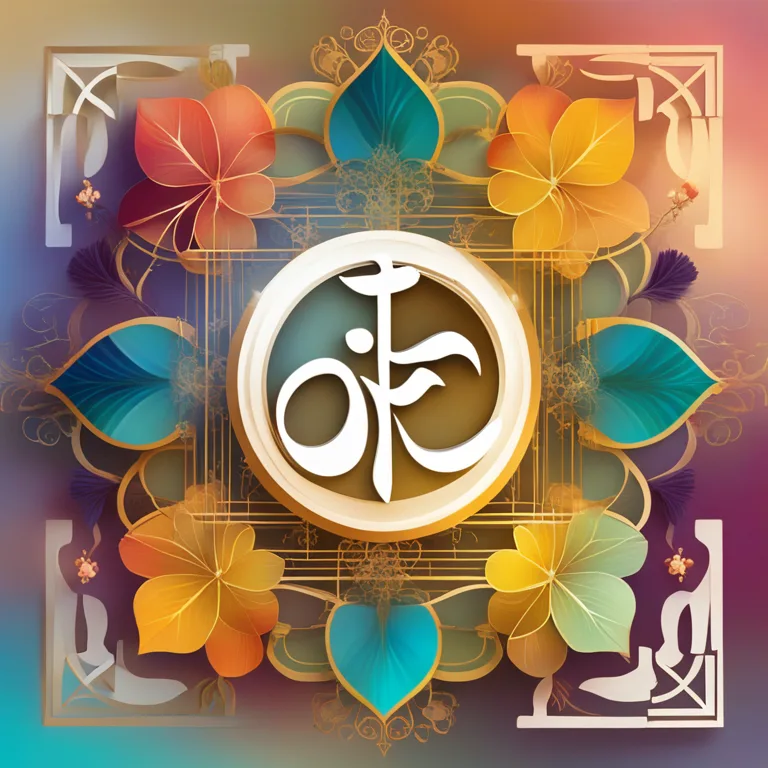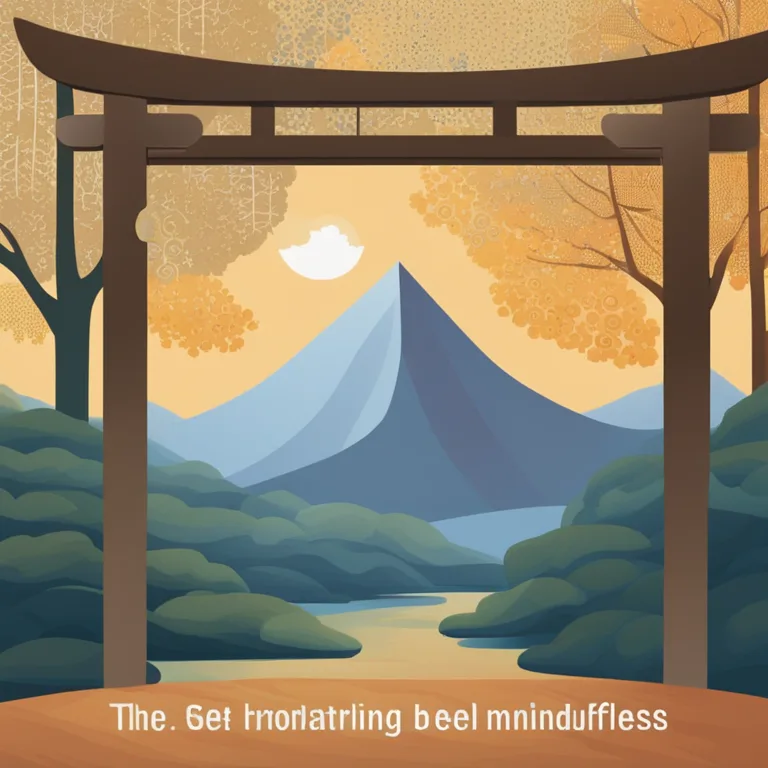
Serenity Through Repetition: Meditation Techniques
Discover meditation methods that promote tranquility by focusing on calming and repetitive practices in this comprehensive guide.
article by Hina Kurosawa
The Essence of Serene Repetition
Meditation has long stood as a pillar of self-awareness and calm amidst the whirlwind of modern life. As we journey into 2024, the need for grounding and peaceful practices is more relevant than ever. Central to many meditation techniques is the concept of calm repetition, which serves as the rhythmic anchor to the act of meditating. This element of continuity helps to stabilize the mind, encouraging a flow of concentration that can lead to deep relaxation and heightened mindfulness. From the chanted mantras of Vedic tradition to the rhythmic breathing of mindfulness practices, repetition is the heartbeat of meditative serenity.

Navigating the Mind's Currents
To navigate the ever-changing currents of the mind, repetition within meditation offers a reliable vessel. By focusing on a simple, repetitive action or sound, practitioners can quiet the restless waves of thought that frequently besiege the modern mind. As new technologies and societal pressures evolve, understanding the means to maintain mental balance is paramount. The simplicity found in repetitive meditation methods is a direct antidote to complexity, offering a lifeline back to inner tranquility and equilibrium.

Mantras: Vibrations of Peace
Mantras are a timeless example of how repetitive sounds in meditation can craft an atmosphere of peace. A mantra can be a word, phrase, or even a sound like "Om," which is said to contain the vibration of the universe. Repeating a mantra during meditation helps to focus the mind, minimizing distractions and leading to a state of profound stillness. In 2024, the integration of mantras in daily life is expected to become even more widespread as people continue to seek out holistic well-being amidst the digital age's distractions.

Mindful Breathing: A Simple Rhythm
Mindful breathing is perhaps the most accessible form of meditative repetition. It hinges on the naturally occurring cycle of breath, an ever-present and unwavering life rhythm. By concentrating on inhaling and exhaling—perhaps counting the breaths, or visualizing the movement of air in and out of the body—meditators can achieve a state of deep presence and relaxation. This practice not only centers the individual but also enhances respiratory efficiency, a benefit that's gaining attention as respiratory health continues to be a global focus into 2024 and beyond.

The Role of Technology in Repetitive Meditation
Our relationship with technology is evolving, and in the landscape of 2024, apps and devices that support meditative practices have become integral to many people's routines. Binaural beats and virtual reality experiences that simulate serene environments provide structured, repetitive cues that can assist in deepening meditation. With the rise of artificial intelligence personalization, these tools can adapt to individual needs, offering guided meditations tailored to the preferred style and pace of repetition, ensuring a personalized path to tranquility.
Walking Meditations: Movement and Mindfulness
The art of walking meditation brings together gentle motion with the quietude of contemplative practice. By concentrating on the steady cadence of the feet touching the ground, one can find peace in motion. This form of meditation speaks to the multi-tasking preferences of 2024, allowing individuals to combine exercise with mental restorative time. It is particularly appealing to those who find stillness challenging or who wish to incorporate meditation into an active lifestyle.
Published: 1/8/2024
Modified: 1/8/2024
More predictions
Come back here soon to learn more about yourself and your future


Mastering Japa Meditation Practices
Discover the serene art of Japa Meditation and elevate your spiritual journey through chanting and mindfulness.


Mindful Meditation Practices Explained
Discover techniques to enhance your mindfulness through meditation, fostering peace and clarity in your daily life.


Jain Meditation Techniques for Inner Peace
Discover the serenity and spiritual depth of Jain meditation practices in a comprehensive article tailored for modern seekers.